Airline pricing is incredibly complicated, and there’s no denying that this also creates some opportunities for consumers. In this post, I’d like to talk about the concept of hidden city ticketing, which many people have probably heard about in passing, if nothing else. Why is airline pricing so complicated, what is hidden city ticketing, and what are the risks of engaging in this?
In this post:
Airline pricing is ridiculously complicated
There’s no denying that airlines have made revenue and inventory management such a complex art that it’s virtually incomprehensible to the average consumer. Like in any other industry, airlines want to maximize revenue, especially as airplane seats are perishable goods — once a seat goes out empty, there’s no way to recover revenue from that.
At times, airlines use some complicated models for pricing, which is intended to segment the market as much as possible. This largely revolves around segmenting out business travelers from leisure travelers, since the former usually have a higher willingness to pay.
Just to give one example, airlines know they can usually charge more for a nonstop flight (especially in a market they dominate) than they can for a connecting itinerary. After all, people value the convenience of flying nonstop, as it minimizes hassle and time wasted.
The pricing of individual airline tickets has never been based on the cost of offering that exact seat, but it has always been based on how much airlines can get away with charging. So some tickets are sold at incredible margins, while other tickets are sold at a cost below what it costs the airline to operate that seat (though it’s still more profitable than keeping the seat empty).
Bigger picture, keep in mind that US airlines largely have negative margins on actually transporting customers, in terms of comparing passenger revenue per available seat mile to cost per available seat mile. Airlines essentially operate as loss leaders for their loyalty programs. But that’s neither here nor there for these purposes…
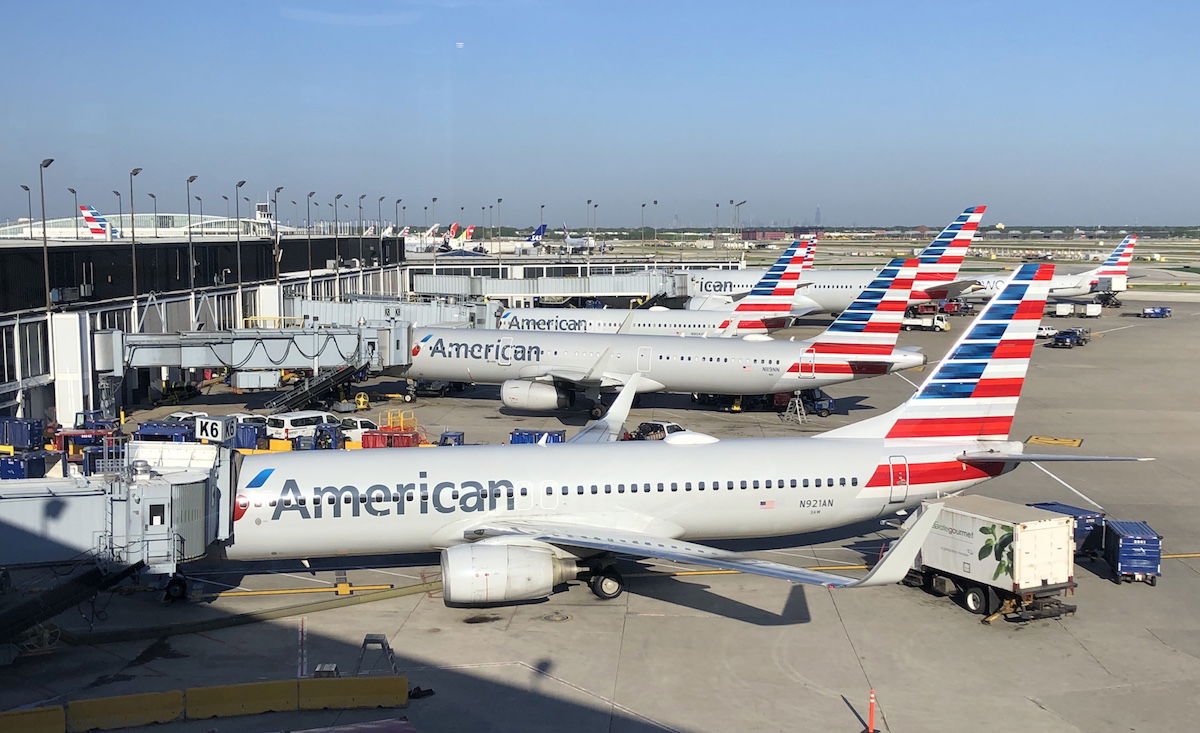
What is hidden city ticketing?
Hidden city ticketing (also often referred to as throwaway ticketing) is a trick whereby you book a ticket to a destination other than where you intend to travel to, in order to get a cheaper fare. You’re essentially using airlines’ pricing tactics against them, knowing their logic.
This is perhaps easiest explained in the form of an example. Gainesville to Charlotte is a route that’s exclusively operated by American. Picking a random date, I see a one-way fare of $255.

Meanwhile if you booked a ticket on American from Gainesville to New York connecting in Charlotte on that exact flight, you’d pay $122, which is less than half as much.
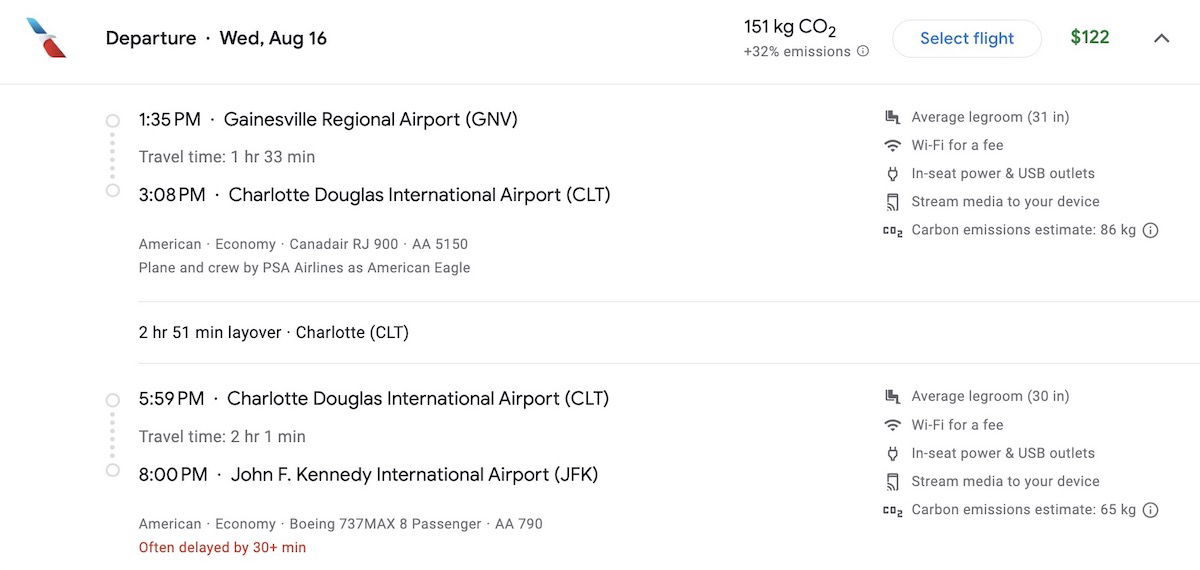
Why would American charge you less than half as much to fly more than twice as far? Well, because American knows that if you’re going to fly from Gainesville to Charlotte, you’ll want to do so nonstop, and are probably willing to pay for it. Meanwhile if you’re connecting to New York, there’s more competition in that market, so pricing will reflect that.
So the practice of hidden city ticketing would be to book that ticket from Gainesville to Charlotte to New York, and then just not take that second flight. You get the Gainesville to Charlotte flight you wanted, but just at a significant discount.
You can often find these kinds of fares through trial and error. Otherwise Skiplagged is a website that helps people find hidden city ticketing opportunities, to secure the lowest fare. Over the years the website has faced quite a few lawsuits from airlines and online travel agencies, though as you can see, the site is still there.
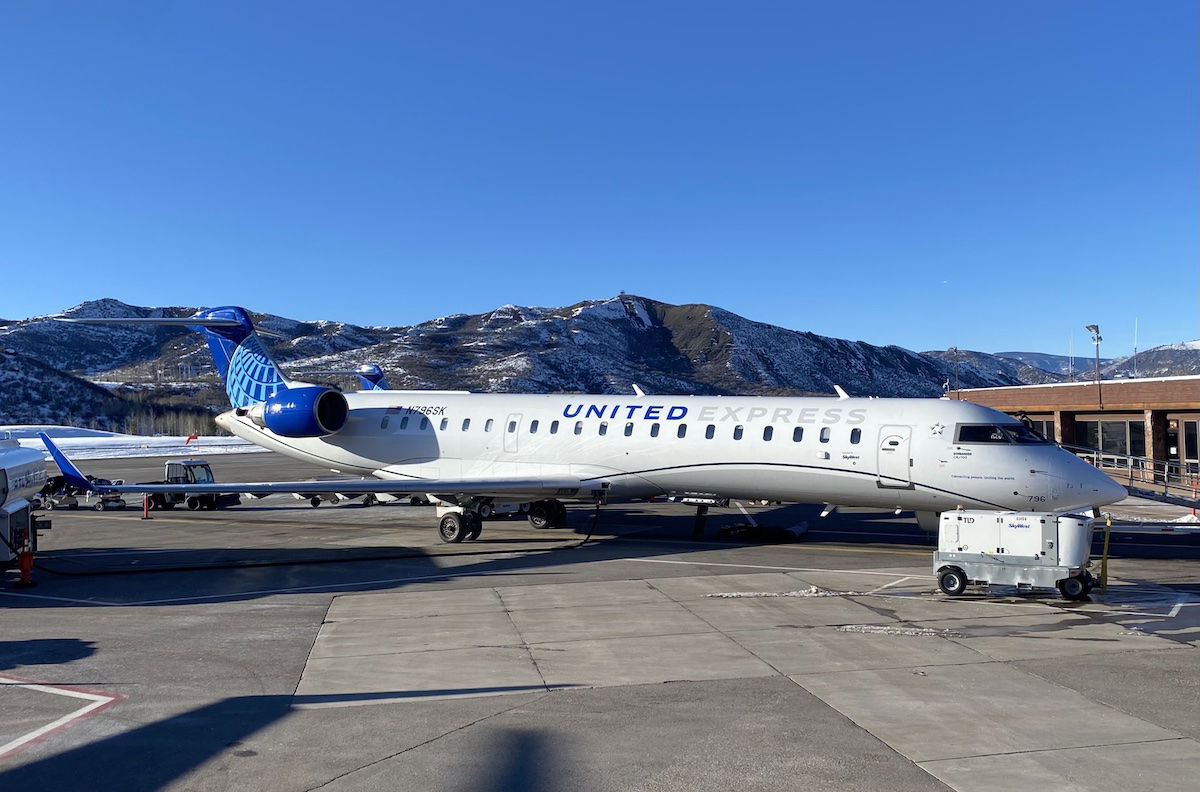
What are the risks of hidden city ticketing?
As you’d expect, airlines frown down on the practice of hidden city ticketing. After all, you’re beating them at their own game. The good news is that hidden city ticketing isn’t illegal. The bad news is that you can get in trouble with airlines for hidden city ticketing, as it does violate the contract of carriage you agree to when booking a ticket. There are many things to be aware of:
- Hidden city ticketing doesn’t work if you’re checking a bag, since that has to be checked to your final destination (unless you’re on an inbound international flight to the United States, where you generally have to claim your bag at your first point of entry anyway)
- If you are forced to gate check your bag (which is common, especially if you have a high boarding group), your bag will be checked through to your booked final destination
- While you’re not going to be sent to jail for hidden city ticketing, airlines can try to punish you — if they discover what you’re doing they could force you to buy a new ticket, could ban you from their frequent flyer program, could ban you from flying with the airline, etc.
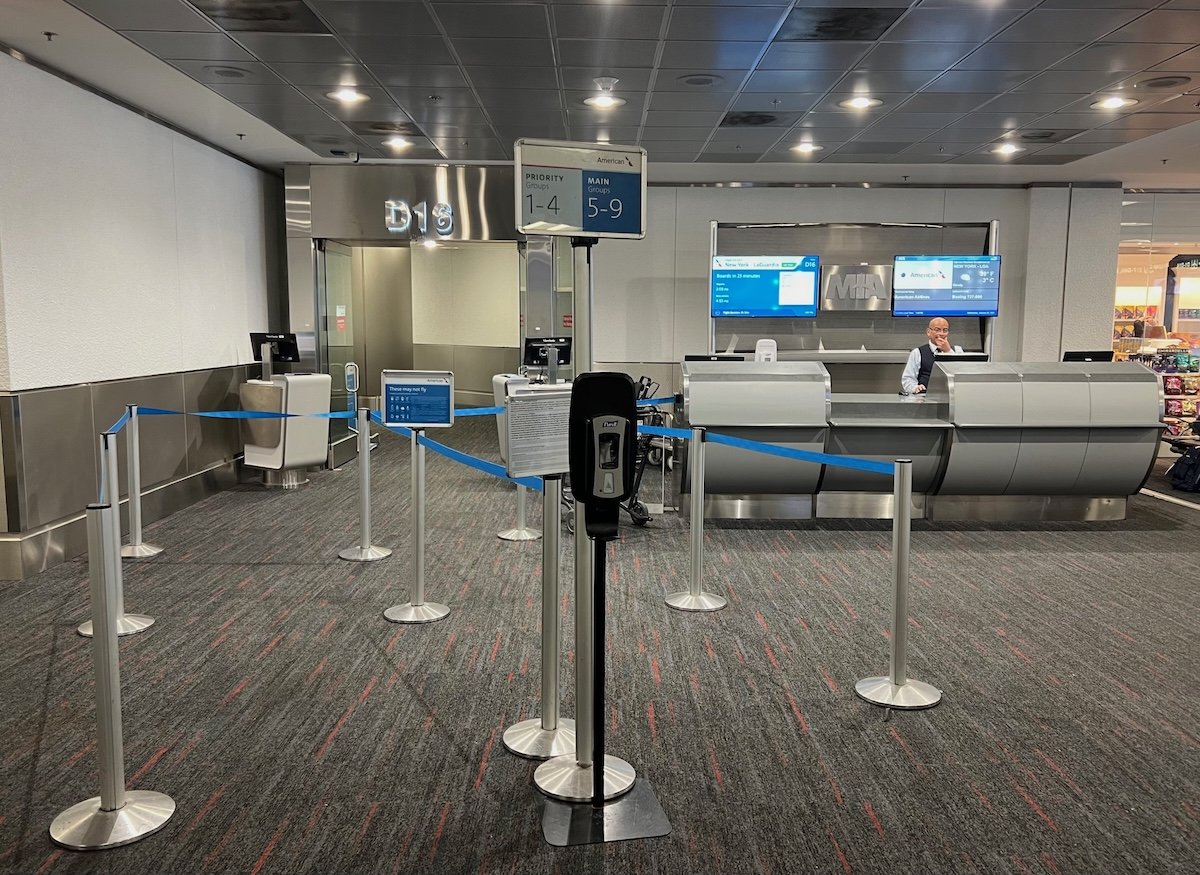
My thoughts on hidden city ticketing
I don’t at all fault people for using hidden city ticketing, I just encourage them to make sure that they understand what they’re getting themselves into. Paying for a flight and then skipping a segment isn’t like going to a restaurant and not finishing your meal. There can be consequences, and it’s important to be aware of those.
Personally I almost never use hidden city ticketing, because I try to play by the rules, especially given that I write about airlines and travel for a living. I think it’s fine for others to do, though, assuming you understand the risks.
I think it’s fairly low risk if you do it on occasion, aren’t crediting flights to a frequent flyer program, etc. However, if you do this frequently, expect that it’ll catch up to you. For those who do get caught, I don’t have too much sympathy, since you should know the risks of what you’re engaging in.
I will say that I frequently see people make arguments along the lines of the following:
“Airlines deserve to have people use hidden city ticketing because they’re exploiting us with the high fares they’re charging!”
Look, I’ll be the first to hold airlines accountable, but let’s be realistic about the airline industry. Airlines are incredibly low margin and high cost businesses that deal with all kinds of cyclical challenges. A majority of airline tickets are sold at below a carrier’s cost per available seat mile.
In a way, we should be happy as consumers that airlines engage in price discrimination and lack transparency with pricing, since that’s how many of us come out ahead and get great deals. These wild pricing techniques are why airlines can get some business travelers to spend $2,000 for a seat on a flight, while the person seated next to them spends a fraction of that.
I just think it’s important to be realistic here. Airlines aren’t “screwing” us when they’re not charging $69 for roundtrip transcon fares. It just means they’re not hemorrhaging money.
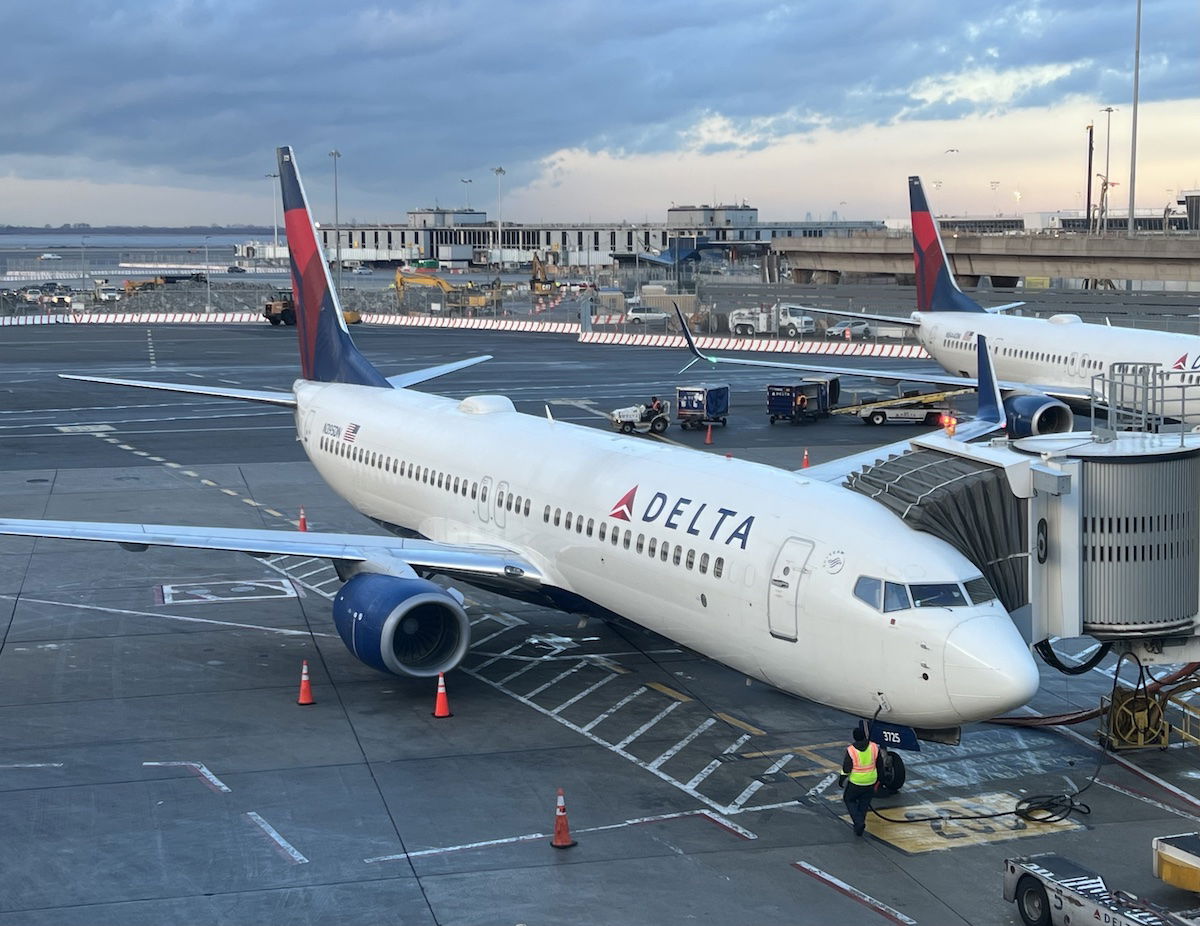
Bottom line
Hidden city ticketing is a popular practice that some people use to save money on airfare. With this, passengers will book a ticket to a destination they don’t intend to travel to, and they simply get off at an intermediate point.
This isn’t illegal, but it does come with some risks, as airlines can punish you. Do I like how complex airline pricing is? No. But it’s also what allows airlines to sell tickets in many markets that are significantly below the cost of providing air transportation.
What’s your take on hidden city ticketing?





Just go to a an agent or even call before the flight you don’t want and say you are sick and throwing up and need to cancel. You might even get credits back for that leg.
I am not sure if that's helpful, but there is (sometimes) a safer variant of that. I had plenty of times when I had to fly transatlantic in business (say, London to NY and back). LHR-JFK-LHR would cost something ridiculous (12k return sometimes). Meanwhile, booking LHR-JFK-Milan/Paris/Brussels would be a quarter of the price. However, while most websites (BA, for example) would only allow you to book the return flight "as a whole" (i.e. JFK to...
I am not sure if that's helpful, but there is (sometimes) a safer variant of that. I had plenty of times when I had to fly transatlantic in business (say, London to NY and back). LHR-JFK-LHR would cost something ridiculous (12k return sometimes). Meanwhile, booking LHR-JFK-Milan/Paris/Brussels would be a quarter of the price. However, while most websites (BA, for example) would only allow you to book the return flight "as a whole" (i.e. JFK to CDG), American would treat both booking two flights LHR-JFK/JFK-CDG (through LHR) the same as booking three flights (LHR-JFK/JFK-LHR/LHR-CDG) price-wise. So I made a booking with three flights with a stopover for a couple of nights in London and once I get to London (and retrieve my luggage) just cancel the remaining LHR-CDG ticket.
Just book a minimum 33-35 minute connection at CLT between Eagle and mainline and you're pretty much guaranteed to "miss" your connection anyway!
Another variant of this (that Lucky might report a related topic on) is buying a roundtrip ticket and completely throwing away the return portion.
If you have ever had to get back from Europe without having booked a return, you may discover that booking a roundtrip EU-USA-EU is cheaper by loads of $ than booking a one way EU-USA. Whenever I see someone in a travel advice column sharing stories of woe of how...
Another variant of this (that Lucky might report a related topic on) is buying a roundtrip ticket and completely throwing away the return portion.
If you have ever had to get back from Europe without having booked a return, you may discover that booking a roundtrip EU-USA-EU is cheaper by loads of $ than booking a one way EU-USA. Whenever I see someone in a travel advice column sharing stories of woe of how much they had to spend to get back home one-way, I wish this info could've been given them sooner.
Put it far in the future and you might even get the return portion rescheduled or refunded. Or just end up not using it. Or using it for a future trip.
This used to happen within Europe too. DUS-ATH €420, DUS-ATH-DUS (exact same outbound flight in the same booking class) €240. Thankfully the popularity of LCCs has made fares a bit more logical, through both AFKL and the LH Group still charge a bit of a premium for one-ways
Couple other helpful points if you if you do it:
1. If you can find a route with a 12+ hour layover they’ll let you collect your checked bag
2. Most airlines/routes can often book an extra leg room seat for not too much $, get priority boarding and avoid/reduce risk of gate check
So basically what you and others are saying is, do it 2 to 3 times a year and hope for the best.
The ridiculous fares AA charge for direct flights to CLT is one of the main reasons I'm a One World frequent flier. I'm never going to have enough Avios for a amazing trans-Pacific first class fare on JL. But spending 9000 avios to fly Orlando to Charlotte instead of the $600 one way economy fares they wanted, yes please.
You'll save way more money using a simple travel tool like Sky Key that gets you money back on the travel you're already booking, than trying to go out of your way for hacks like this.
The only problem with that simple travel tool is that it doesn't work with about 97% of the world's airlines.
Sometimes, it isn't just the cost. Years ago, I was trying to get one way tickets Paris to Rome. There were none direct. I would spend all day bouncing around Eastern Europe to get from point A to point B. I couldn't believe there weren't direct flights. I looked for round trip fares and bingo! The fares were cheaper and the flights were direct. So, I bought 4 round trip tickets for the half the...
Sometimes, it isn't just the cost. Years ago, I was trying to get one way tickets Paris to Rome. There were none direct. I would spend all day bouncing around Eastern Europe to get from point A to point B. I couldn't believe there weren't direct flights. I looked for round trip fares and bingo! The fares were cheaper and the flights were direct. So, I bought 4 round trip tickets for the half the price and got a non stop flight. Just didn't use the return tickets on Alitalia.
I realize that this isn't the same as hidden city ticketing, but it is a variation on the theme.
Regarding the AA GNV-CLT-JFK example: Hidden-city ticketing here seems particularly low-risk given CLT-JFK's notorious reliability issues. One might argue it's difficult to "defraud" an airline of on-time (or even a general) performance they weren't planning to deliver anyway.
Ben's broader guidance remains sound. For reference, I successfully executed this strategy in 2005 with a DTW-DFW-AUS booking ($200 vs. $500 for DTW-DFW direct). Traveled carry-on only, deplaned in Dallas, and never received follow-up from the airline.
...Regarding the AA GNV-CLT-JFK example: Hidden-city ticketing here seems particularly low-risk given CLT-JFK's notorious reliability issues. One might argue it's difficult to "defraud" an airline of on-time (or even a general) performance they weren't planning to deliver anyway.
Ben's broader guidance remains sound. For reference, I successfully executed this strategy in 2005 with a DTW-DFW-AUS booking ($200 vs. $500 for DTW-DFW direct). Traveled carry-on only, deplaned in Dallas, and never received follow-up from the airline.
Standard disclaimers apply regarding potential consequences and airline policy violations.
ANYTHING to LGA or JFK on AA has reliability issues. I haven’t successfully flown to either of these airports on AA in nearly a year because AA keeps canceling the flight, whether I’m departing CLT, DCA, or what have you.
New motivation for hidden city ticketing on miles redemptions with the massive AA deval.
It would be interesting to see what the cost of flights would be without price discrimination. I’m not saying cost per seat, but actually what price would the market support between cities if every seat was the same price regardless of when you booked or how long you stayed at the destination.
easyJet, Wizzair, and Ryanair all operate on a point-to-point basis, so their pricing is a good place to start.
Does anyone know whether the Montreal Convention has any provisions that enable airlines to refuse to tag your bags to the intermediate stop? The customer service people at a major European airline told me that retrieving my stuff during an 11.5-hour daytime connection could only be done at an enormous cost. I'm almost tempted to put their claim to the test using a worn out holdall full of rubbish.
Not sure about the Montreal convention but you can always retrieve your luggage at an intermediate stop - just say upon landing you have important medication or you’re not feeling well and will not be continuing. May take a while to get your luggage though.
Just to clarify, they didn't say they'd refuse to offer the tagged bag at the hub- they'd merely charge an extortionate service fee for their trouble.
Just to be clear, no one ever charges a fee for picking up your luggage at an intermediate stop en route.
@Voian, the website of the airline in question specifically mentions the extortionate amount and says the fee applies regardless of cabin, elite status, origin, destination etc. Whether they actually charge it is a different question.
Montreal convention just outlines base liability requirements and limits for certain passenger issues and baggage handling issues. Doesn't have anything to do with general baggage policy and/or what an airline can/should/will charge for baggage services.
Just as I expected then, the customer service person on WhatsApp was talking rubbish.
I have no idea what the convention says, but multiple times upon checking the bags I've asked the agent to check the bags only up until the intermediate stop and it's never been a problem. After all if you miss your flight they'll have to remove your bag and it would delay the flight.
I think I'm going to go to my local airport and ask the Swissport contractors about it. If they do short checking, their colleagues elsewhere likely will too.